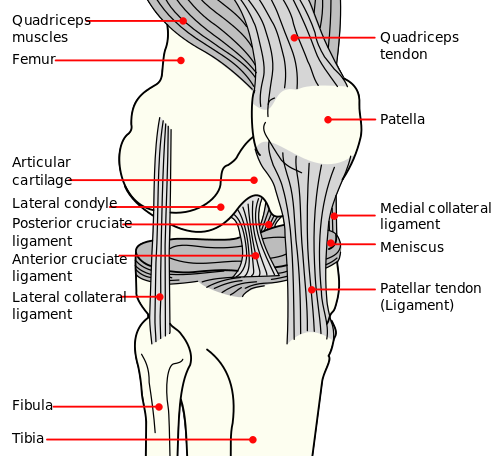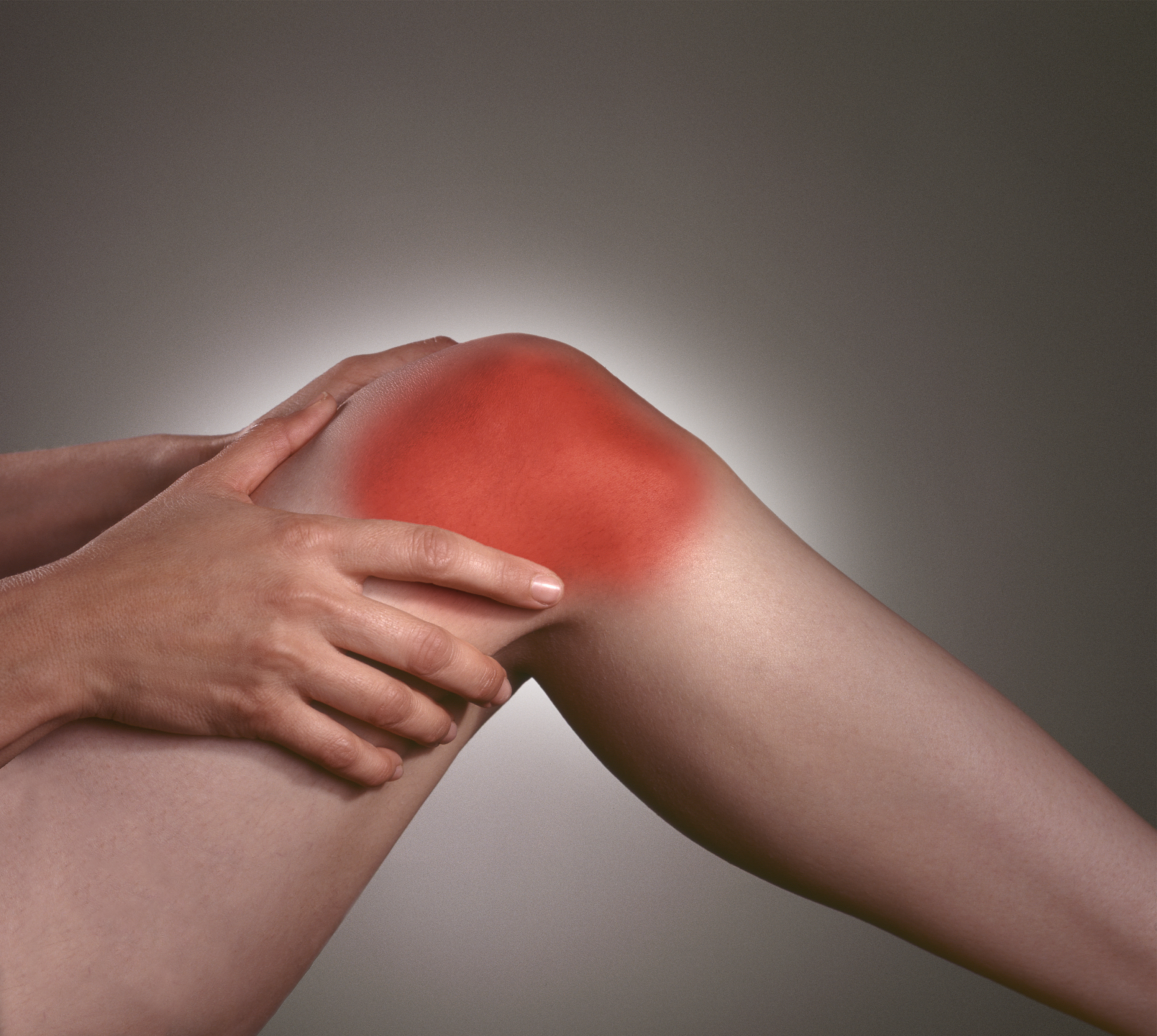After a car accident, a knee injury can be very problematic. The most common cause of knee injuries is from blunt impact to the dashboard in a head-on collision; however, knee injuries can occur in any type of car accident and all of them should be taken seriously. Seemingly minor pain can turn into a severe problem that requires surgery. As such, it is important that a car accident victim fully understand his or her knee injury before settling with an insurance company. Andrew J. Wooley represents car accident victims with minor and severe knee injuries and helps them receive full compensation which can include surgical expenses, future medical expenses, and loss of enjoyment of life. If you believe we can help, Give Us a Call or Text at (214) 699-6524 or email us at awooley@wooleylaw.com for a free case evaluation.
We have provided a brief description of different knee injuries to help victims better understand their conditions.

Fractures
A kneecap (aka patella) protects the knee joint, but a direct blow can easily fracture it. This injury is normally diagnosed by x-ray and often requires surgery to fix.
Symptoms may include:
- Pain and Swelling
- Bruising
- Inability to Straighten Leg
- Inability to Walk
If a victim is lucky and doesn’t need surgery, a doctor will put the injured leg in a brace and advise the victim to not put any weight on the leg for two or more months. Whether surgery is needed or not, a victim’s treatment will also involve months of physical therapy and rehabilitation. Victims often have long-term pain and sometimes develop arthritis as a result of this injury. As such, they should be compensated for future pain and suffering.
Ligament Tears
Ligaments are made of tissues and used to connect bones and hold joints together. In the knee, there are four primary ligaments: the LCL (Lateral Collateral Ligament), MCL (Medial Collateral Ligament), PCL (Posterior Cruciate Ligament), and ACL (Anterior Cruciate Ligament). Ligament injuries are considered sprains and are graded by severity. A Grade 1 Sprain is a mildly stretched ligament with the ability to keep the knee stable. A Grade 3 Sprain is a complete tear of the ligament and the knee becomes unstable. Normally, these injuries are diagnosed by MRI.
Symptoms may include:
- Pain and Swelling
- Loss of Range of Motion
- Tenderness
- Discomfort while walking.
Ligament injuries can be treated by nonsurgical means; however, a torn ACL will not heal without surgery. Whether surgery is performed or not, a victim’s treatment will involve months of physical therapy and rehabilitation. Ligament injuries can also have long-term effects. Victims normally return to a much less active lifestyle. Thus, they should be compensated for this loss of enjoyment of life.
Meniscus Tear
A meniscus is a cartilage in the knee that cushions and stabilizes the joint. The most common injury to a meniscus is a tear which is often caused by a sudden twist of the knee. Many victims can still walk after the injury; however, the knee will become more swollen and stiff over the next two to three days. Normally, meniscus injuries are diagnosed by MRI.
Symptoms may include:
- Pain
- Stiffness and Swelling
- Catching or Locking of the Knee
- The Knee “Giving Way”
- Loss of Range of Motion.
Meniscus injuries are normally first treated by rest and pain medication; however, if a victim’s symptoms persist a doctor may suggest arthroscopic surgery.
Dislocation
A patella can become dislocated after a blow to the knee. This typically causes pain and loss of movement. Even if the patella slips back into place, it will require treatment to relieve the pain. Normally, this injury is diagnosed by x-ray.
Symptoms may include:
- Pain and Swelling
- Shifting or Sliding of the Kneecap
- Buckling or Giving Way of the Knee
- Popping Sound
- Misshapen Knee
Normally, dislocation is treated without surgery. However, if a victim’s patella continues to dislocate, then surgery may be required to fix the problem.
If you have been injured in a car or truck accident, Give Us a Call or Text at (214) 699-6524 or email us at awooley@wooleylaw.com for a free case evaluation.
Important Note: Andrew J. Wooley is not a healthcare provider. He is an attorney that primarily practices personal injury law. If you have any questions regarding an injury, treatment, or your overall health, we advise that you contact a local healthcare provider.
For more information on compensation and damages check out my article, Car Accident Damages: What’s Your Case Worth?

